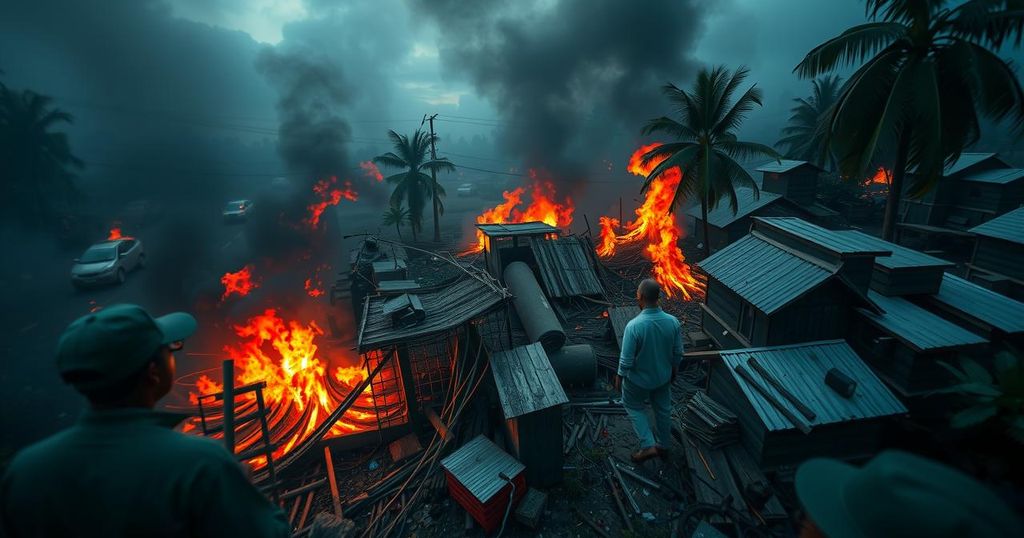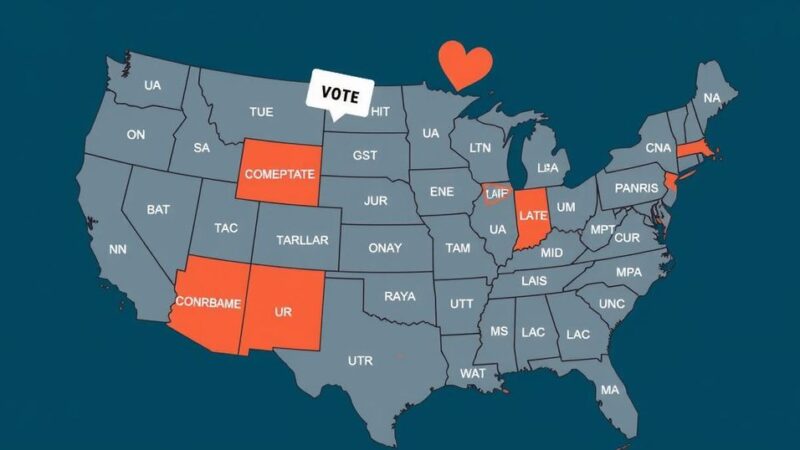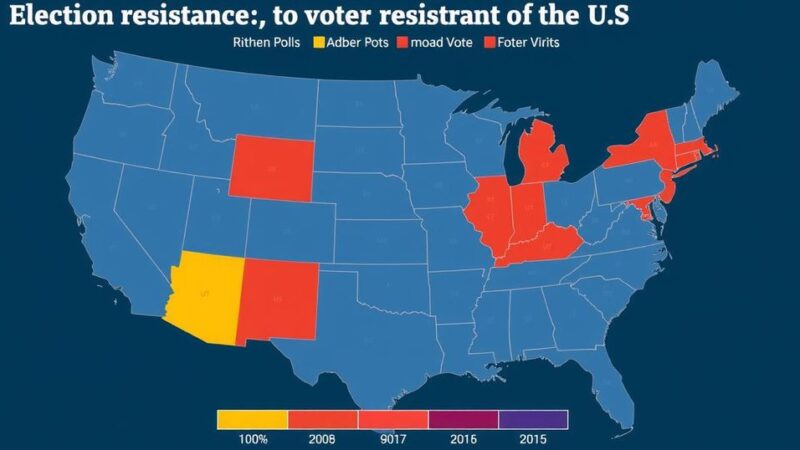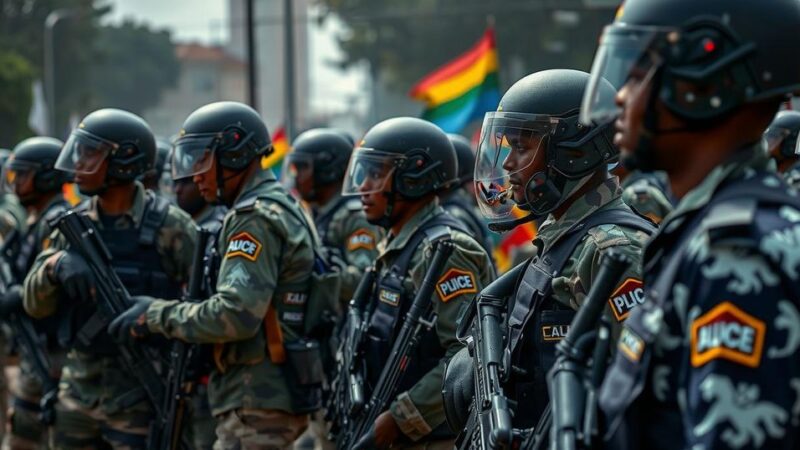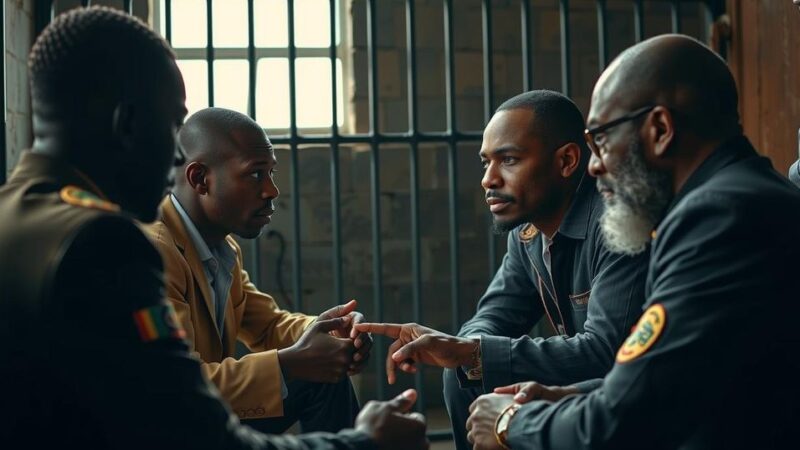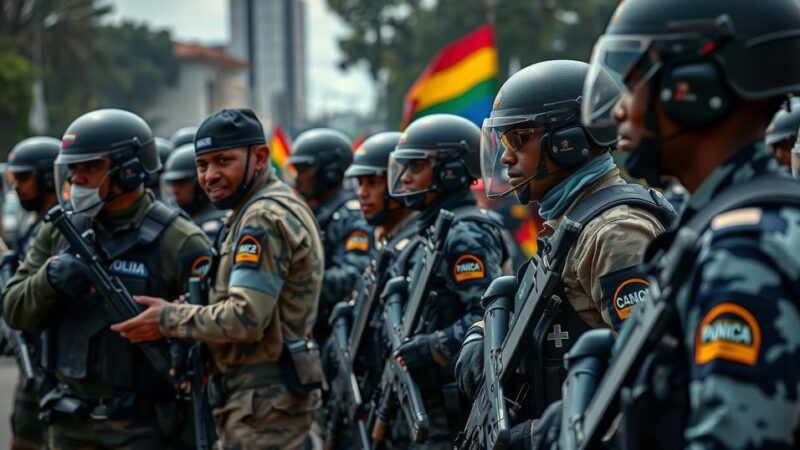The Democratic Republic of Congo faces significant challenges, including poverty, food insecurity, and armed conflict. President Felix Tshisekedi’s proposal for constitutional amendments is perceived by many as a means to extend his presidential term rather than a genuine reform. Echoing past attempts by former leader Joseph Kabila, this initiative could exacerbate political instability in a nation already struggling with governance and external exploitation.
The Democratic Republic of Congo (DRC) is grappling with profound challenges, revealing a nation rich in resources yet plagued by poverty. With over twenty-three million citizens facing food insecurity and ongoing violence from numerous armed factions, the situation is dire. In light of these hardships, President Felix Tshisekedi’s recent proposal to amend the constitution has raised suspicions among the populace, who believe it may be a method to extend his presidential term amid widespread unrest. Tshisekedi, who assumed office following contested elections in 2018, defends his initiative by criticizing the existing constitution, citing its imposition by foreign interests. This push for constitutional change evokes memories of former President Joseph Kabila’s tenure, marked by attempts to extend presidential powers through similar measures. Despite the political turmoil that Kabila’s actions engendered, which ultimately led to Tshisekedi’s ascendancy, the current president seems unwilling to heed the lessons from this turbulent history. Analysts argue that there are parallels between efforts to evade term limits and broader patterns of political instability across the African region, as they manifest a propensity for governance that prioritizes personal entrenchment over national welfare. Complicating matters is the notable lack of external pressure on Tshisekedi to abandon this endeavor; the DRC’s mineral wealth continues to attract global powers, which may be inclined to overlook the political intrigues occurring within. This dynamic risks perpetuating a cycle of exploitation and instability, as foreign entities prioritize their interests over the plight of the Congolese populace. Consequently, a trajectory that veers towards political distraction could further exacerbate the existing challenges facing the nation.
The Democratic Republic of Congo is characterized by a wealth of natural resources juxtaposed against a backdrop of widespread poverty and insecurity. The country’s eastern regions experience significant unrest due to multiple armed groups, leading to millions being displaced. Moreover, the DRC faces a severe humanitarian crisis, with millions lacking access to adequate food. The political landscape has been turbulent, particularly following the controversial election of Felix Tshisekedi in 2018 and the more recent flawed elections in 2023, further contributing to the citizens’ skepticism towards leadership and governance.
In summary, the Democratic Republic of Congo stands at a crossroads as President Felix Tshisekedi seeks to amend the constitution, ostensibly for modernization. However, this initiative raises concerns that it may serve to extend his rule rather than address pressing socio-economic issues. The historical context of previous leaders attempting similar constitutional alterations and the ongoing discontent among citizens signifies a precarious political situation. The potential complicity of foreign interests only heightens the need for a careful analysis of the DRC’s governance trajectory, which must prioritize the welfare of its people.
Original Source: www.cfr.org
